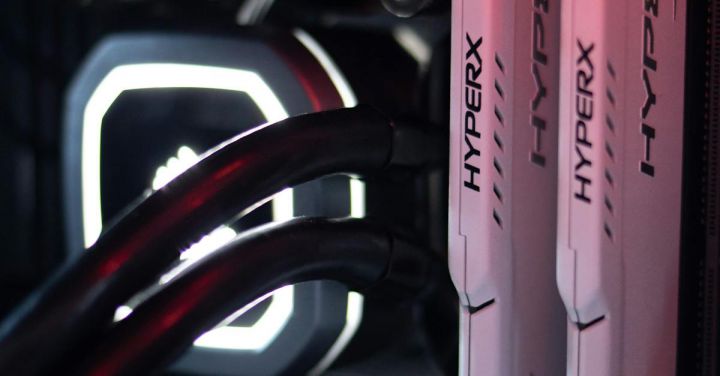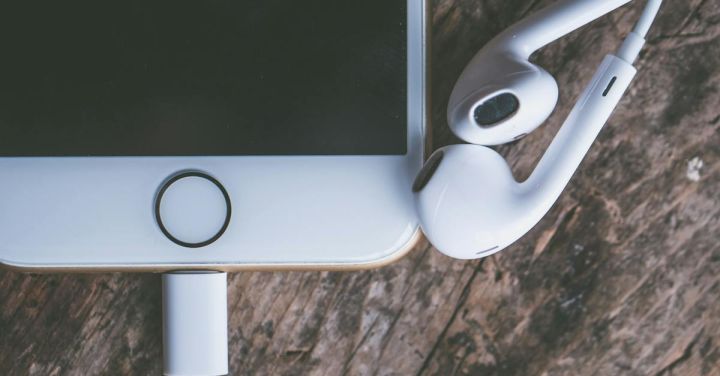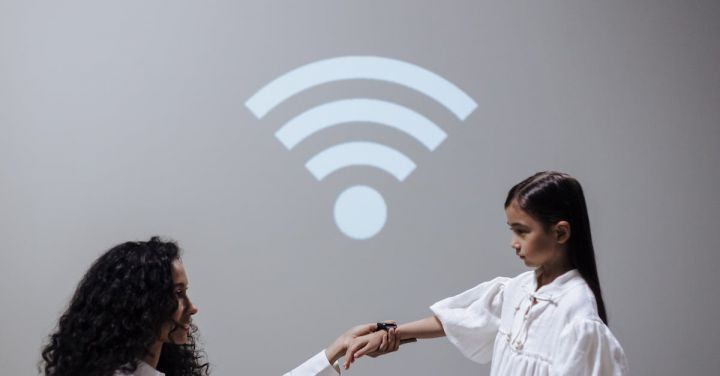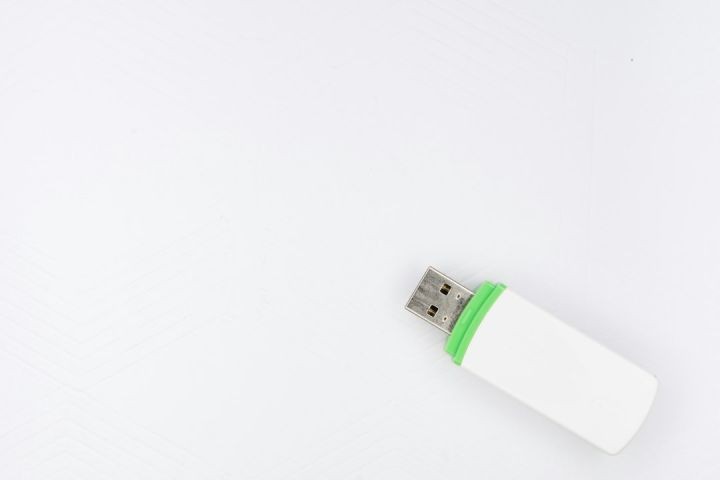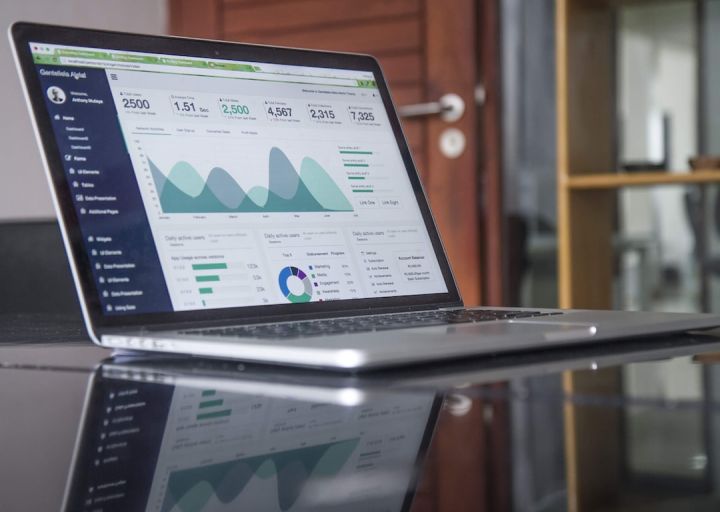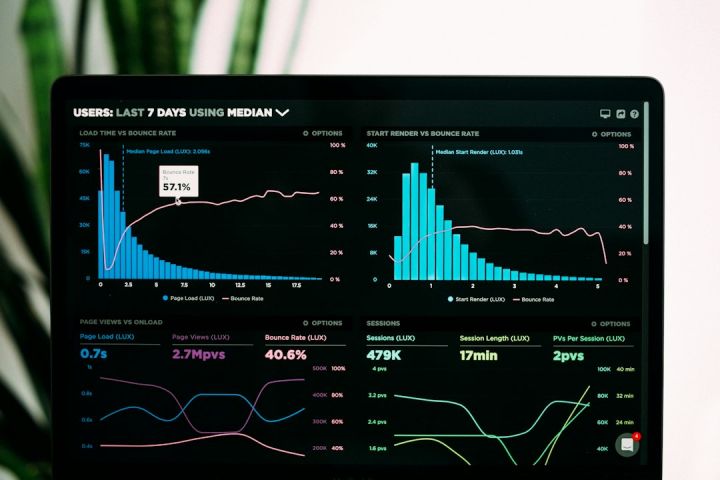How to Optimize Your Pc for Gaming?
In the world of gaming, every second counts. Whether you’re a casual gamer or a competitive player, having a well-optimized PC can make all the difference in your gaming experience. From faster loading times to smoother gameplay, there are several steps you can take to optimize your PC for gaming. In this article, we will explore some of the most effective techniques to help you get the most out of your gaming rig.
Upgrade Your Hardware
One of the first steps in optimizing your PC for gaming is to ensure that you have the right hardware. A powerful graphics card, sufficient RAM, and a fast processor are essential components for a smooth gaming experience. If your PC is outdated, consider upgrading these components to improve performance. Investing in a solid-state drive (SSD) can also significantly reduce loading times and improve overall system responsiveness.
Keep Your Drivers Up to Date
Outdated drivers can cause compatibility issues and hinder your gaming performance. To ensure optimal performance, regularly update your graphics card drivers, sound card drivers, and other hardware drivers. Manufacturers often release driver updates to fix bugs and improve performance, so it’s important to stay up to date.
Optimize Your Graphics Settings
Adjusting your graphics settings is crucial for achieving the perfect balance between visual quality and performance. While it’s tempting to crank up all the settings to the highest level, doing so can put a strain on your PC and lead to lag and frame rate drops. Experiment with different settings to find the right balance for your system. Turn off unnecessary effects like motion blur or ambient occlusion, and reduce the resolution if needed.
Manage Background Processes
Background processes can consume valuable system resources, impacting your gaming performance. To optimize your PC for gaming, close any unnecessary programs running in the background. Use the Task Manager to identify resource-hungry processes and close them. Additionally, disabling startup programs can help free up system resources and improve boot times.
Clean Up Your Hard Drive
A cluttered hard drive can slow down your PC and affect gaming performance. Regularly clean up your hard drive by removing unnecessary files and applications. Use a disk cleanup tool to delete temporary files and clear your browser cache. Consider using a disk defragmentation tool to optimize file placement on your hard drive, further improving loading times.
Monitor Your PC’s Temperature
Overheating can cause your PC to throttle performance, leading to lag and frame rate drops. Ensure that your PC is adequately cooled by cleaning out any dust from the fans and vents. Consider investing in additional cooling solutions such as case fans or a liquid cooling system if necessary. Monitoring your PC’s temperature using software can help you identify any potential overheating issues.
Optimize Your Network Connection
A stable and fast internet connection is crucial for online gaming. To optimize your network connection, connect your PC directly to the router using an Ethernet cable if possible. If using Wi-Fi, ensure that you have a strong signal by positioning your router closer to your PC or using a Wi-Fi extender. Close any bandwidth-intensive applications running in the background to reduce network congestion.
Conclusion
Optimizing your PC for gaming is a process that requires attention to detail and regular maintenance. By upgrading your hardware, keeping your drivers up to date, optimizing graphics settings, managing background processes, cleaning up your hard drive, monitoring your PC’s temperature, and optimizing your network connection, you can significantly improve your gaming experience. Remember to experiment and find the settings that work best for your system. With a well-optimized PC, you can enjoy smoother gameplay, faster loading times, and an overall enhanced gaming experience.
